Understanding “Contains THC” Labels
The Role of “Contains THC” Labels in Consumer Safety and Compliance
In the evolving landscape of cannabis products, clear and effective labeling is not just a marketing tool—it’s a crucial element of consumer safety and legal compliance.
As THC-infused products become more prevalent in Oklahoma, Massachusetts, and Michigan, understanding the intricacies of THC labeling becomes imperative for producers and consumers alike. This article explores the what, why, when, and how of “Contains THC” labels, ensuring that your products meet state requirements and consumer expectations.
Key Highlights:
- Transparency: Ensuring that consumers are fully informed about the THC content in products.
- Safety: Reducing the risk of unintended ingestion by clearly marking THC presence.
- Compliance: Meeting state regulatory requirements to avoid legal issues.
What Are “Contains THC” Labels?
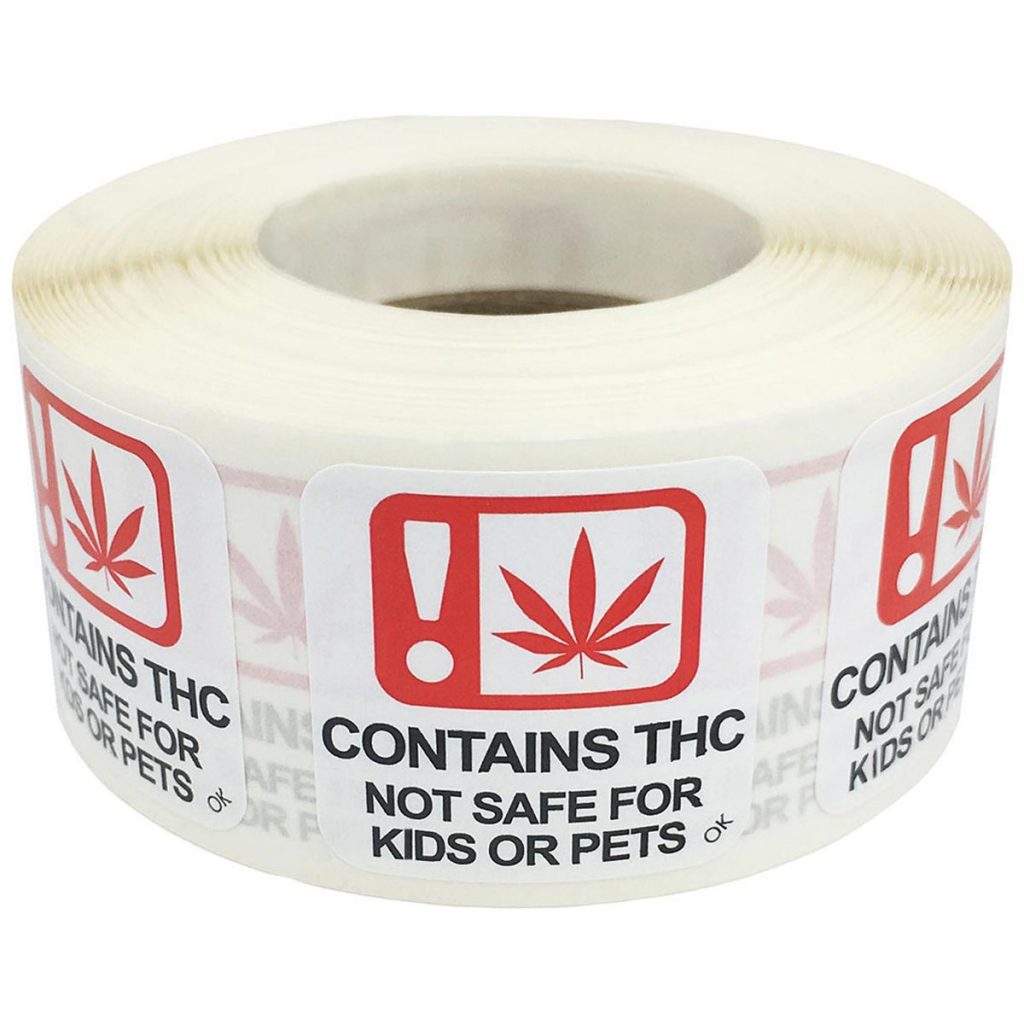
“Contains THC” labels serve as a critical alert to consumers that a product contains tetrahydrocannabinol, the psychoactive component of cannabis.
These labels are designed to inform consumers about the presence of THC, potentially affecting the product’s use and legal status. By clearly marking THC content, producers can foster transparency and build trust with their customers, while also adhering to regulatory standards.
Key Highlights:
- Consumer Awareness: Labels act as a clear indication to consumers about the nature of the product.
- Regulatory Adherence: Essential for following local and state laws regarding cannabis products.
The Importance of THC Labeling
THC labels are not merely informational but are critical for the safety and legal compliance of cannabis products. They serve multiple roles that benefit both consumers and producers:
- Legal Protection: Ensuring that all products on the market comply with local laws, helping producers avoid legal penalties.
- Consumer Trust: Building a reliable brand image by demonstrating commitment to consumer safety and regulatory compliance.
Legal Requirements in Your State
Navigating the legal landscape of THC labeling can be complex, particularly as requirements may vary significantly between states. Here’s a closer look at the legal mandates in Oklahoma, Massachusetts, and Michigan:
- Oklahoma: State laws require clear labeling of all cannabis-derived products, including the amount of THC content in milligrams.
- Massachusetts: Labels must not only indicate the presence of THC but also include warnings about the effects of THC consumption.
- Michigan: Compliance includes mandatory labeling along with detailed consumption advice and potential health risks.
Best Practices for Labeling Your THC Products
To ensure compliance and consumer safety, follow these best practices when designing and applying THC labels:
- Visibility: Labels should be prominently displayed on the product packaging.
- Clarity: Use clear, easy-to-understand language that can be read at a glance.
- Accuracy: Ensure that all information is accurate and conforms to the latest regulatory standards.
Frequently Asked Questions
What should a “Contains THC” label include?
A “Contains THC” label must clearly state that the product contains THC. Additionally, depending on state regulations, the label might also need to include the concentration of THC, ingredients, manufacturer details, and any health or safety warnings.
It’s essential to comply with specific state requirements where the product is sold.
How do state laws vary concerning THC labels?
State laws can vary significantly. For instance, Oklahoma requires labels to include detailed cannabinoid profiles, Massachusetts mandates that labels also carry warnings about the effects of THC and information on safe consumption, and Michigan emphasizes labels must detail potential health risks and THC content in clear terms.
Can failing to label THC products lead to legal penalties?
Yes, failing to properly label THC-containing products can lead to significant legal consequences, including fines, license revocations, and other regulatory actions. Compliance with state-specific labeling laws is critical to avoid these penalties.
Where can I find resources to ensure my labels are compliant?
Resources can typically be found on state government websites, specifically departments or agencies responsible for cannabis regulation.
Additionally, consulting with legal experts in cannabis law or hiring compliance specialists can help ensure that your labels meet all legal requirements.
Are there any exceptions to the labeling requirements?
Some states may have exceptions or variations in labeling requirements based on the type of product, such as medicinal versus recreational or the product’s form (e.g., edibles vs. concentrates).
It’s essential to check the specific state laws that apply to your product categories to understand any potential exceptions fully.


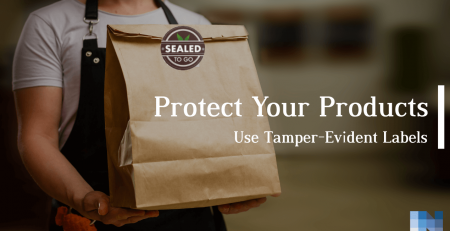

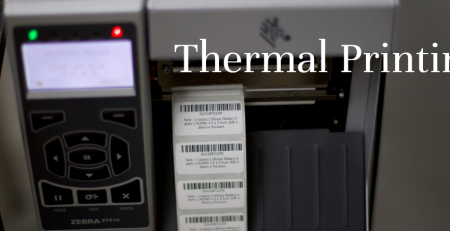

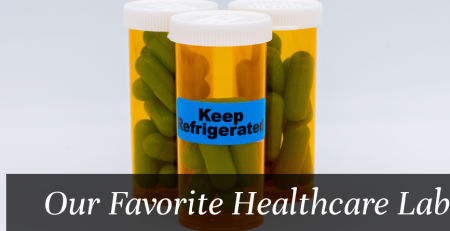
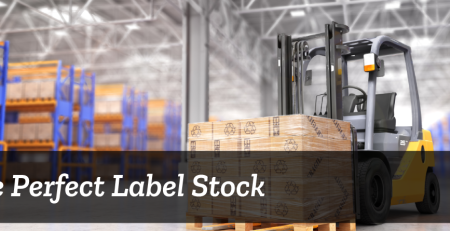
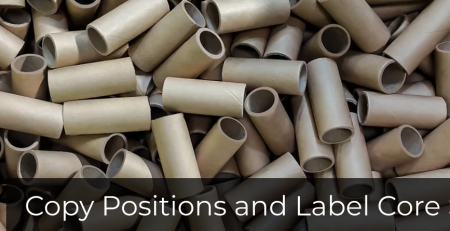

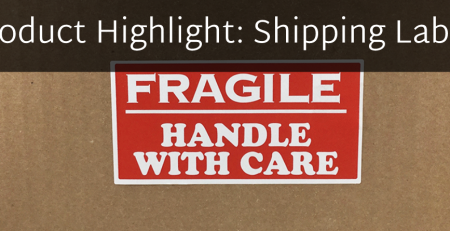



Leave a Reply